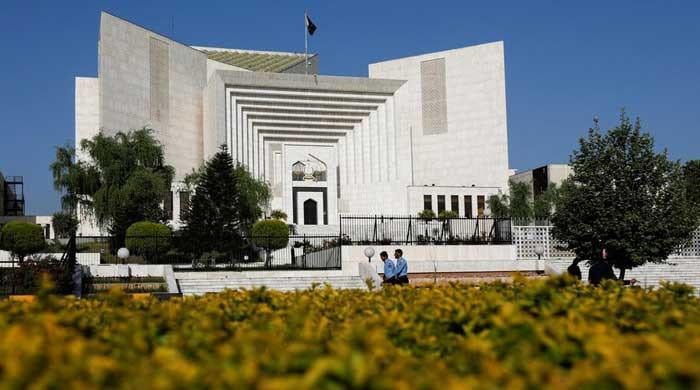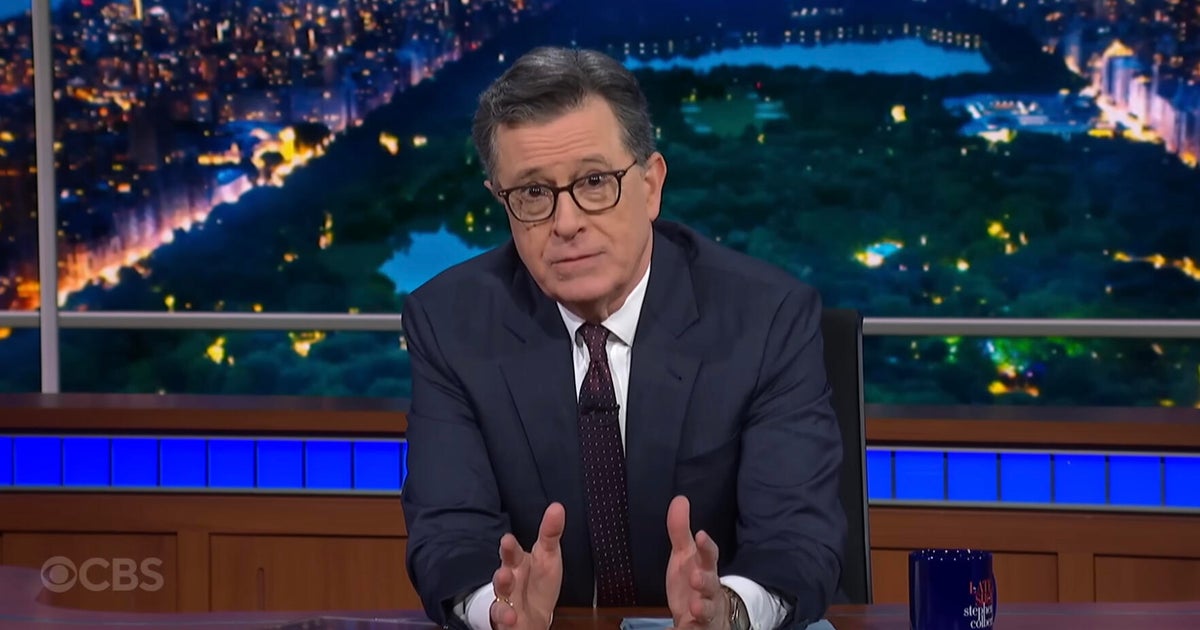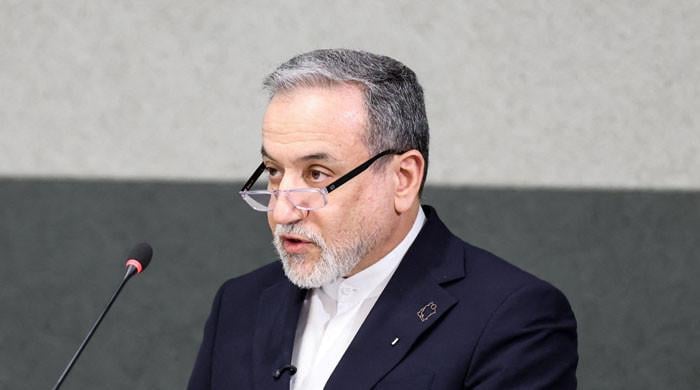Entertainment
PTI not entitled to relief under Article 187, rules SC

- PTI didn’t request reserved seats at any judicial forum: SC
- Top court on June 27 had deprived PTI of reserved seats.
- Apex court accepted review pleas by majority 7-3.
The Supreme Court on Thursday ruled that relief could not be extended to the Pakistan Tehreek-e-Insaf (PTI) by invoking the power of complete justice under Article 187 of the Constitution.
A ten-member bench, headed by Justice Aminuddin Khan, issued the detailed ruling. The bench also included Justice Jamal Khan Mandokhail, Justice Muhammad Ali Mazhar, Justice Syed Hasan Azhar Rizvi, Justice Musarrat Hilali, Justice Naeem Akhter Afghan, Justice Shahid Bilal Hassan, Justice Muhammad Hashim Khan Kakar, Justice Aamer Farooq and Justice Ali Baqar Najafi, The News reported.
The apex court on June 27 had deprived the PTI of reserved seats after setting aside last year’s verdict that had declared the party was entitled to reserved seats for women and minorities in the National and provincial assemblies.
The court, by a majority of 7-3, had accepted the review petitions filed by the Election Commission of Pakistan (ECP), Pakistan Muslim League Nawaz (PMLN) and Pakistan Peoples Party Parliamentarians (PPPP) against the reserved seats verdict delivered last year on July 12.
The majority judges, including Justice Aminuddin, Justice Hilali, Justice Afghan, Justice Hassan, Justice Kakar, Justice Farooq and Justice Najafi, allowed all the civil review petitions.
“Relief could not have been granted to PTI by invoking the power of complete justice under Article 187 of the Constitution,” said a 40-page detailed judgment.
The court declared that Article 187 could not have been invoked to grant relief to the PTI, adding that the facts and circumstances of the case did not require the application of the Article.
“The exercise of authority purportedly under Article 187 of the Constitution to grant relief to a party which was not before the court, to remove from office MNAs and MPAs who had been declared elected and who were not before the court and to issue declarations and directives which were outside the scope of the statutory or constitutional authority of this court was not warranted,” the detailed judgment held.
The court declared that the majority judgment, being in excess of the jurisdiction vested in the court and being contrary to the statutory and constitutional provisions identified, suffers from errors apparent on the face of the record which float on the surface.
“It, therefore, has to be set aside,” the detailed judgment held. The court noted that relief was granted using Article 187, which was beyond the Constitution, adding that the majority judgment was against the record and the Constitution.
The detailed judgment noted that Justice Mansoor Ali Shah and seven other judges had given the majority decision in favour of PTI being awarded the reserved seats.
“All judges agreed that the Sunni Ittehad Council (SIC) was not entitled to the reserved seats,” the detailed verdict held, adding that the court had unanimously dismissed both appeals of the SIC. The court further noted that the SIC did not file any petition against the dismissal of its appeals.
“SIC lawyer Faisal Siddiqi stated: ‘In this loss, there is my victory’,” the verdict mentioned. The detailed verdict held that the Supreme Court can indeed issue directives to ensure complete justice, but the use of Article 187 must be based on facts and law.
The verdict further noted that the PTI did not request reserved seats at any judicial forum, adding that the PTI was not a party before the ECP or the Peshawar High Court.
Similarly, the court held that the PTI did not challenge the PHC decision in the Supreme Court, adding that its application in the apex court was only for legal assistance.
“Due to these reasons, relief under Article 187 could not be granted to the PTI,” the verdict held.
Regarding the SIC, the court noted that the central judgment unanimously dismissed the appeals, stating they were not entitled to the seats.
“In the PTI case, it was not a party at any forum, so the relief granted in the central decision cannot stand,” the verdict ruled.
The detailed verdict noted that the Supreme Court never barred the PTI from contesting elections, adding that none of the 80 independent candidates claimed to be PTI candidates or entitled to reserved seats.
“Independently elected candidates who had freely and voluntarily joined the SIC within 3 days as required by the Constitution were no longer to remain parliamentary members of the SIC and their membership was transferred to the PTI without ascertaining their opinion and without any request or claim by them or by the PTI or SIC,” the judgment noted.
Any person whose name the PTI leadership chose to include in the list of candidates for reserved seats was to be returned elected in proportion to the general seats allegedly secured by it. The electorate had never had an opportunity to consider this list or to cast votes in support of or against it.
The people were deprived of the mandate to elect candidates to the reserved seats, no doubt indirectly, and the matter was now placed in the hands of and made a gift by the party leadership to the persons it liked as a consequence of the court orders, it said, adding: “The Supreme Court has the jurisdiction to interpret the statutes and the Constitution. Insofar as it remains within those limits its authority is both considerable and absolute. It cannot be called into question by any other department of government or even by another constitutional institution, be it the Legislature or the Executive.
The authority to interpret the law and the Constitution does not, however, confer on the courts the authority to rewrite the Constitution or the law. The will of the legislature and the will of the Constitution-makers delegated as it is by the people has to be respected and given effect to.
It cannot be negated or usurped by the judiciary by scribing artificial meanings to the clear language of the Constitution or by derogating from the plain meaning of its words. Any Court or judge, including the Supreme Court and its judges, has no jurisdiction to read their personal likes and dislikes into the Constitution or to ignore or circumvent its commands.”
Entertainment
Stephen Colbert slams CBS, says lawyers told him James Talarico interview could not air on “The Late Show”

“The Late Show” host Stephen Colbert criticized CBS on Monday night, saying the network blocked his interview with U.S. Senate hopeful James Talarico from airing.
“You know who is not one of my guests tonight? That’s Texas State Representative James Talarico,” Colbert told his studio audience. “He was supposed to be here, but we were told in no uncertain terms by our network’s lawyers, who called us directly, that we could not have him on the broadcast. Then I was told in some uncertain terms that not only could I not have him on, I could not mention me not having him on. And because my network clearly doesn’t want us to talk about this, let’s talk about this.”
Colbert said the reason CBS prevented “The Late Show” from broadcasting Talarico’s appearance was rooted in new guidance from the FCC for daytime talk shows and late-night TV programs, which requires the shows to provide equal time to opposing candidates.
While “The Late Show” didn’t air Talarico’s interview on TV, it did post it on YouTube, where FCC rules don’t apply.
“The network says I can’t give you a URL or a QR code, but I promise you, if you go to our YouTube page, you’ll find it,” Colbert said.
Talarico, a Democrat, has served as a Texas state representative since 2018 and is campaigning in the Democratic primary to represent his state in the U.S. Senate.
CBS said in a statement: “THE LATE SHOW was not prohibited by CBS from broadcasting the interview with Rep. James Talarico. The show was provided legal guidance that the broadcast could trigger the FCC equal-time rule for two other candidates, including Rep. Jasmine Crockett, and presented options for how the equal time for other candidates could be fulfilled. THE LATE SHOW decided to present the interview through its YouTube channel with on-air promotion on the broadcast rather than potentially providing the equal-time options.”
CBS News has reached out to the FCC for comment.
The FCC issued a notice last month that daytime talk shows and late-night programs must give equal time to opposing candidates. The announcement hinged on a decades-old federal law requiring any FCC-licensed broadcaster that lets a political candidate appear on its airwaves to also offer “equal opportunities” to all other candidates running for the same office. The law exempts “bona fide newscasts” and news interviews from the equal time rule.
FCC Chair Brendan Carr, who was appointed by President Trump and is an ally of the president, wrote on X as he shared the notice: “For years, legacy TV networks assumed that their late night & daytime talk shows qualify as ‘bona fide news’ programs – even when motivated by purely partisan political purposes. Today, the FCC reminded them of their obligation to provide all candidates with equal opportunities.”
On “The Late Show” Monday, Colbert said, “Well, sir, you’re chairman of the FCC, so FCC U, because I think you are motivated by partisan purposes yourself.”
“Let’s just call this what it is: Donald Trump’s administration wants to silence anyone who says anything bad about Trump on TV, because all Trump does is watch TV, OK? He’s like a toddler with too much screentime. He gets cranky and then drops a load in his diaper,” Colbert said.
CBS News has reached out to the White House for comment.
Talarico shared a clip on social media early Tuesday, saying, “This is the interview Donald Trump didn’t want you to see. His FCC refused to air my interview with Stephen Colbert. Trump is worried we’re about to flip Texas.”
Tuesday marked the first day of early voting in Texas for the March 3 primary, in which Talarico faces U.S. Rep. Jasmine Crockett and businessman Ahmad Hassan. They are facing off to take on the winner of the Republican primary, in which longtime GOP Sen. John Cornyn is being challenged by Texas Attorney General Ken Paxton and U.S. Rep. Wesley Hunt. Both races could go to runoffs if no candidate in either party gets 50% of the vote.
Networks, individual shows and talk show hosts have come under fire by Mr. Trump for what he has claimed is their politically biased programming. Mr. Trump has at times called for broadcasters to lose their FCC licenses.
After taking over “The Late Show” from David Letterman in 2015, Colbert is preparing to wrap his final season as its host in May, when CBS will retire the late-night franchise. Although many suggested the cancellation was politically motivated, as Colbert has been an outspoken critic of Mr. Trump and his administration, the network insisted its decision was purely financial.
Entertainment
Oscar-nominated star Rose Byrne gets real about burnout behind the camera

Rose Byrne has opened up about how she relaxes after long and emotionally draining days on film sets.
The 46-year-old actress is currently starring in new psychological comedy drama If I Had Legs I’d Kick You and got nominated for Oscars, where she plays a mother going through a deep personal struggle.
While talking about the pressure of intense roles, Rose admitted that she keeps her coping routine simple once filming wraps up.
She shared: “I drink a lot of alcohol. To be honest, it’s sometimes as simple as having a cocktail after a long day on set or switching on the TV.”
The Platonic actress also explained that she does not follow any spiritual routine but she focus on her quiet family life.
She, however, lives in Brooklyn with her husband Bobby Cannavale and says that they now want calm and private lifestyle.
The actress went on to add that she leans heavily on her close family and home community.
Her children Rocco and Rafael play a big role in keeping her grounded. Rose said, “My children couldn’t care less if I’ve had a long day but in the best and most refreshing way.”
If I Had Legs I’d Kick You is written and directed by Mary Bronstein and also stars Conan O’Brien as her therapist.
Entertainment
Iran foreign minister says progress made in nuclear talks with US

- Araghchi says progress made on main guiding principles.
- Asks US to desist from threatening use of force against Iran.
- Hopes talks will lead to sustainable and negotiated solution.
GENEVA: Iran and the United States reached an understanding on the main “guiding principles” in a second round of nuclear talks in Geneva on Tuesday but work still needs to be done, said Iranian Foreign Minister Abbas Araghchi.
The progress does not mean an agreement will be reached soon but the path has started, he told Iranian media after the talks concluded.
Iranian state media reported earlier that Iran would temporarily shut part of the Strait of Hormuz, a vital global oil supply route, as it held talks over its nuclear programme with the United States, which has sent a battle force to the Gulf region to press Tehran to make concessions.
US President Donald Trump has said “regime change” in Tehran may be the best thing that can happen, while Iran’s Supreme Leader Ayatollah Ali Khamenei said on Tuesday that any US attempts to depose his government would fail.
Just as the talks got under way in Geneva, Iranian state media reported that parts of the strategic strait would close for a few hours due to “security precautions” while Iran’s elite Revolutionary Guards conducted military drills there.
Tehran has in the past threatened to shut down the strait to commercial shipping if it is attacked, a move that would choke off a fifth of global oil flows and drive up crude prices.
Alongside Araghchi, US envoy Steve Witkoff and Jared Kushner took part in the Geneva talks, which were being mediated by Oman, a source briefed on the matter told Reuters.
Speaking at a disarmament conference in Geneva after talks were held between US and Iranian representatives in the western Swiss city earlier in the day, Araghchi said the US should immediately desist from threatening the use of force against Iran.
He said that any sustainable agreement must ensure full recognition of Iran’s legitimate rights.
Araghchi said: “A new window of opportunity has opened, we are hopeful negotiations will lead to a sustainable and negotiated solution.”
-

 Business1 week ago
Business1 week agoAye Finance IPO Day 2: GMP Remains Zero; Apply Or Not? Check Price, GMP, Financials, Recommendations
-

 Fashion1 week ago
Fashion1 week agoComment: Tariffs, capacity and timing reshape sourcing decisions
-

 Tech1 week ago
Tech1 week agoRemoving barriers to tech careers
-

 Business7 days ago
Business7 days agoGold price today: How much 18K, 22K and 24K gold costs in Delhi, Mumbai & more – Check rates for your city – The Times of India
-

 Fashion5 days ago
Fashion5 days ago$10→ $12.10 FOB: The real price of zero-duty apparel
-

 Entertainment1 week ago
Entertainment1 week ago‘Harry Potter’ star David Thewlis doesn’t want you to ask him THIS question
-

 Fashion1 week ago
Fashion1 week agoSaint Laurent retains top spot as hottest brand in Q4 2025 Lyst Index
-

 Fashion1 week ago
Fashion1 week agoADB commits $30 mn to support MSMEs in Philippines






